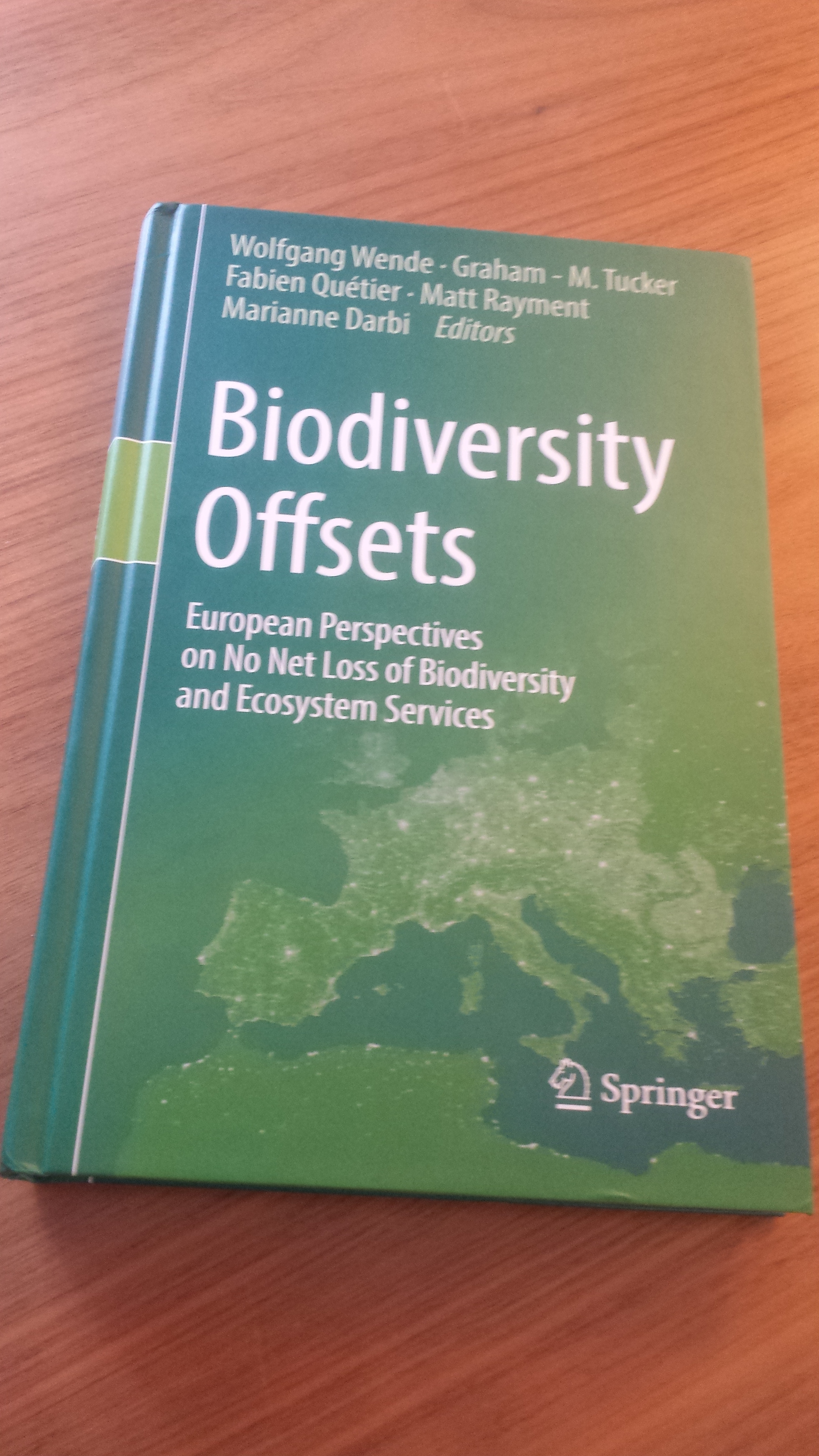CEP has been awarded a new project by Natural England and Defra on the design of an evaluation framework for Biodiversity Net Gain in England
CEP, in partnership with BSG Ecology, Geodata Institute, CECAN and Vivid Economics, has been commissioned by Natural England on behalf of Defra to undertake a new project to design an evaluation framework for Biodiversity Net Gain (BNG) in England. The aim of mandatory BNG policy, as set out in the Environment Bill, is to secure a measurable improvement in habitat for biodiversity whilst streamlining the planning process and creating better places for local communities.
The purpose of the evaluation framework is to enable Natural England and Defra to evaluate how BNG is being delivered and understand the impact (environmental, social, and economic) of the BNG policy.
In this project we will conduct a streamlined evidence review to bring together the most up to date relevant evidence on key issues related to BNG. This evidence will feed into the development of the evaluation framework, including setting out the underpinning intervention theory by examining the logic of mandatory BNG and the intervention pathways associated with delivering BNG in practice. Development of the framework will be further supported by work to scope the data requirements and potential sources. The process will be iterative, incorporating a range of stakeholder perspectives from developers, local planning authorities, conservation, amenity and local community NGOs and partnerships as well as central government.
The project started in September 2020 and is expected to run until March 2021.
For more information, please contact Paula Orr (Technical Director, CEP) or Dr Sian Morse-Jones (Principal Consultant, CEP).



